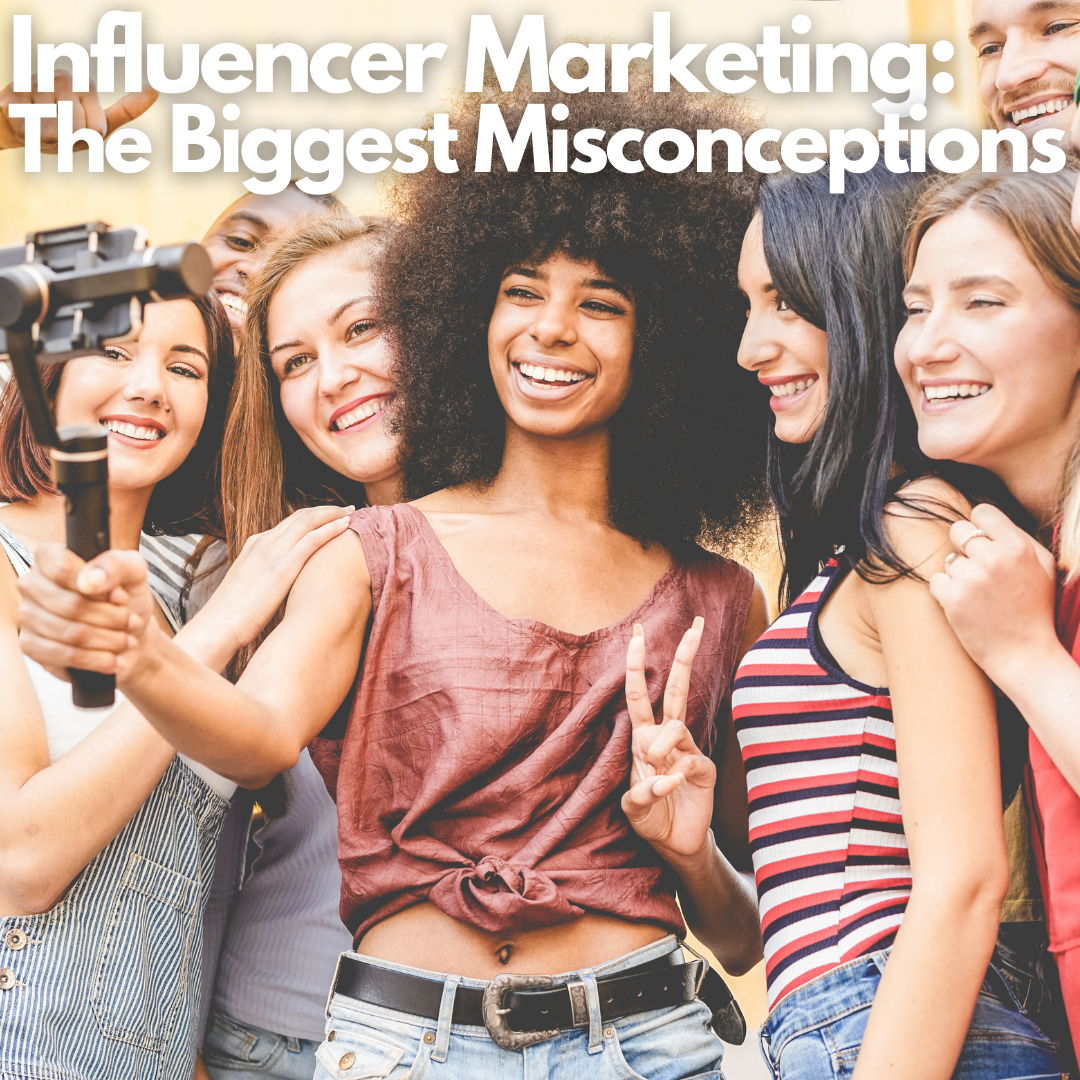Brand
Influencer Marketing: The Biggest Misconceptions
Influencer marketing has taken the sales world by storm. These are some of the biggest myths about this fairly new way of marketing products and services.
When it comes to influencer marketing, people who are new to the industry tend to have a lot of misconceptions. This is as true for aspiring influencers as the people trying to hire them. Knowing what those misconceptions are can help both parties to better understand each other and anticipate potential misunderstandings. It can also improve negotiation capabilities.
It Only Happens Online
Some people successfully build up a strong position in their niches or local communities. These influencers might not rely solely on social media to leverage influence. Common examples include local athletes, local politicians and even small businesses. If someone has a strong offline presence, they can find a way to leverage that and pitch it to clients.

Influence Is Equal To Audience Size
When influencer marketing first started, companies focused on getting social media celebrities with large followings. Over time, they learned that smaller audiences are often more engaged than larger ones. Put more simply, higher engagement could make it more likely for someone with 5,000 followers to convince 500 people to buy a product than someone with 500,000 followers that are not very engaged.
Only Young People Can Be Influencers
Millennials and Generation Z cut into much of the marketing budget once reserved for established celebrities twice their age. After years of dominating social spaces online, however, they now have strong competition from older people. There is no age limit on who can be an influencer and there are many older people with large and engaged followings.
Influencers Only Work With Companies
Influencers do not only work with for-profit organizations. Many support non-profit organizations and political groups. In fact, in preparation for the recent Senate Runoffs in Georgia, lobby groups launched grassroots campaigns. They partnered with social media influencers in Georgia to share their personal experiences with injustice and their thoughts on why it was so important to vote.
Influencer Marketing Is a Fad
Some brands remain resistant to influencer marketing. They prefer to pay the extra money to hire celebrities because they believe influencer marketing will not last. However, statistics show that people trust recommendations from influencers more than they trust ads. The 2019 Trust Barometer Special Report found that 58% of people have bought products recommended by influencers and 40% of people have started to trust a brand because of the influencers behind it.
Brands Need To Make the First Move
Some influencers often believe they have to wait until someone offers them a deal to get started. This couldn’t be further from the truth. When someone is a regular at a business, he or she can put a proposal together and pitch it. There are also existing campaigns aspiring influencers could become involved with. One of the easiest ways to try influencer marketing is to sign up for an affiliate marketing program. This allows newcomers to perfect their skills without the pressure to get results to please the brand.

FTC Disclosures Ruin the Effect
Business owners often feel tempted to create ads that do not look like ads. They then talk new influencers into trying the product and posting but without making it obvious it’s an ad. New influencers might not realize the FTC requires full disclosure that the post is an ad or that they are connected to the seller. When surveyed, 67% of respondents either felt neutral toward sponsored content or didn’t mind it if it was of high quality.
Measuring ROI Is Impossible
Measuring the return on investment for influencer marketing is actually easier than many other types of marketing. This is especially true when companies rely on affiliate marketing to track sales. When influencers share products, they can provide a specific promo code or link, which makes it easy for businesses to determine the success of the campaign. Because influencers tend to receive a commission on those sales, it’s fairly easy for them to track progress, as well.
You Have To Pay Influencers
Not all influencers receive monetary compensation. Some influencers are content with receiving products and services, especially in the high-end market. For example, influencers might accept free rooms at luxury hotels or review cars on a dealership’s lot that have not been easy to sell. However, like most independent contractors, they determine their terms of service. So, it’s up to companies to find influencers that fit their budgets and compensation styles.













